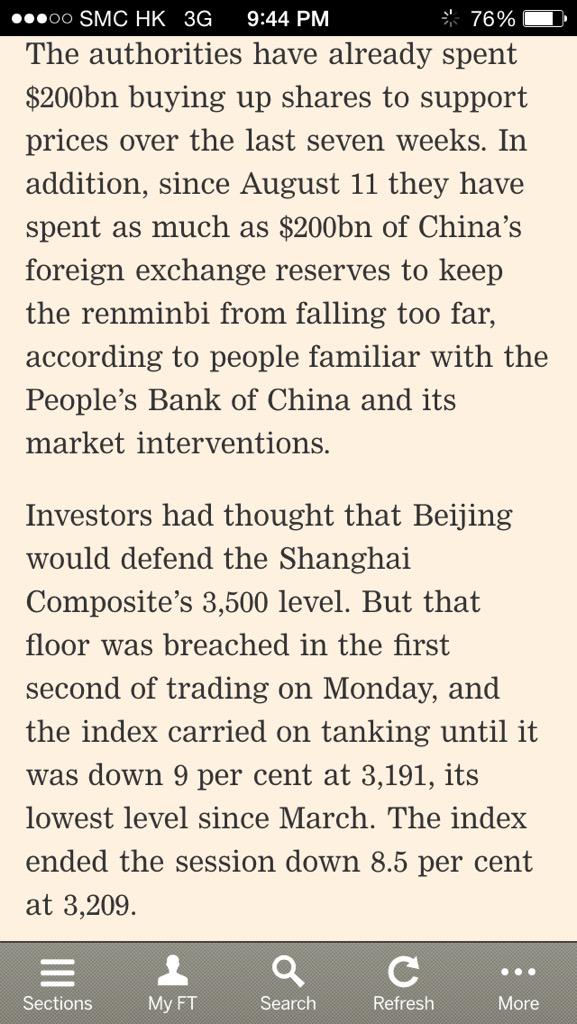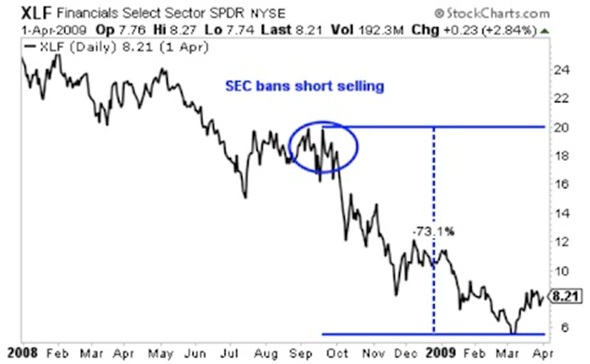Us government propping up stock market
Please refresh the page and retry.
Does The Government Actually Manipulate The Stock Market? - Business Insider
G lobal stock and bond markets have been all over the place of late. Rarely have investors been so lacking in conviction. Confusion as to future direction reigns, and with good reason after the spectacular returns of recent years.
For how much longer can stock markets keep delivering? Is there another recession on the way, or to the contrary, is growth likely to surprise positively, underpinning current valuations? The immediate cause of all this uncertainty is, however, fairly obvious. Even so, a number of its members have once again been making hawkish noises, and another rise in rates by the end of the year is widely anticipated. Indeed, it is on the face of it quite hard to see how the Fed can avoid such action.
The US labour market continues to tighten, and money growth, for some a key lead indicator, is strong. On the stitch in time principle, the Fed ought to be acting now to head off the possibility of over heating further down the line. No policymaker would want to raise rates into an impending downturn, even if, historically, they quite frequently seem to make precisely this mistake.
Is the Fed about to conform to type, and tip the economy back into recession? A ccording to Chris Watling, chief market strategist at Longview Economics, a wide range of indicators confirm the message: And if a recession is indeed looming, it almost certainly means a bear market in equities.

Looking at all the US recessions of the last 77 years, Mr Watling finds that there is only one which has not been accompanied by a stock market correction. Complicating matters further is an ever more worrisome phenomenon — that both bond and equity markets are being artificially propped up by central bank money printing. Further easing this week from the Bank of Japan would only deepen the problem.
Yet eventually it must end, and when it does, share prices globally will return to earth with a bump. To get pushback, central banks have been straying ever further onto the wild-west frontiers of monetary policy. For global corporations at least, credit has never been so free and easy, encouraging aggressive share buy-back programmes.
This in turn further inflates valuations already in danger of losing all touch with underlying fundamentals. By the by, it also helps trigger lucrative executive bonus awards. As long as the central bank is there to do the dirty work, it scarcely seems to matter.
In any case, the situation seems ever more precarious and unsustainable.
Era of Central Banks Propping up Stock Market Has Come to an End - TheStreet
Conventional pricing signals have all but disappeared, swept away by a tsunami of newly created money. Globally, the misallocation of capital must already be on a par with what happened in the run-up to the financial crisis, and possibly worse given the continued build-up of debt since then. S o what could come along to upset this already highly unstable apple cart?
Too hasty a monetary tightening by the Fed would certain do it. Something similar may already be underway today. Financial conditions have tightened considerably since the summer; the dollar has strengthened, stocks have sold off, at least in the US, and bond yields have risen.
The pattern is a familiar one, in which markets tighten by just enough to deter central bankers from actually going through with the deed and lifting rates. It proved hard enough for the Fed to cease QE.
Fed Warns Insiders! Money Managers Liquidating Stocks! Silver Price in Economic Collapse 2017Raising rates by a quarter of a point from zero proved equally long winded and traumatic. Raising them further may be just as taxing. Every time the Fed hints at doing so, markets counter by threatening to tip the economy back into recession. Both main US presidential candidates promise fiscal stimulus should they win. China is also set on a path of fiscal easing, at least for now, while even in Britain there is some possibility of fiscal expansion in response to the Brexit vote.
This may ease the path of future interest rate increases somewhat. Unwise to count on it, though. Rates have been too low for too long.

We urge you to turn off your ad blocker for The Telegraph website so that you can continue to access our quality content in the future. Click here for instructions. Free Mobile App Jobs Financial Services Rewards Events Dating Offers Shop Garden Shop Bookshop Box Office Puzzles Fantasy Football Wine Shop Work at The Telegraph. Log out My Account Subscribe Rewards Search Video. Login Register Subscribe Rewards Search Video. Log out Rewards My Account Search Video.
Home News Sport Business. Economy Companies Opinion Markets Brexit A-Z Alex Telegraph Connect Events DEN More. Get ready for the mother of all stock market corrections once central banks cease their money printing RUM. Undue tightening by the US Federal Reserve could set off a perfect storm of recessionary effects. Follow Telegraph Business Follow on Facebook Follow on Twitter Follow on LinkedIn. Inflation Bank of England Funds UK economy Bonds US Federal Reserve Shares Show more. If you would like to add a comment, please register or log in.
Please review our commenting policy. What is Whole Foods and how did Amazon come to buy it?
When will the Fed stop propping up the US stockmarket? - MoneyWeek
The decline of tech darlings: The rise and fall of Uber's Travis Kalanick. Get a new job, says Bank of England. Contact us Rewards Archive Reader Prints Branded Content Syndication Guidelines Privacy Terms and Conditions Leave your feedback.
We've noticed you're adblocking. We rely on advertising to help fund our award-winning journalism. Thank you for your support.